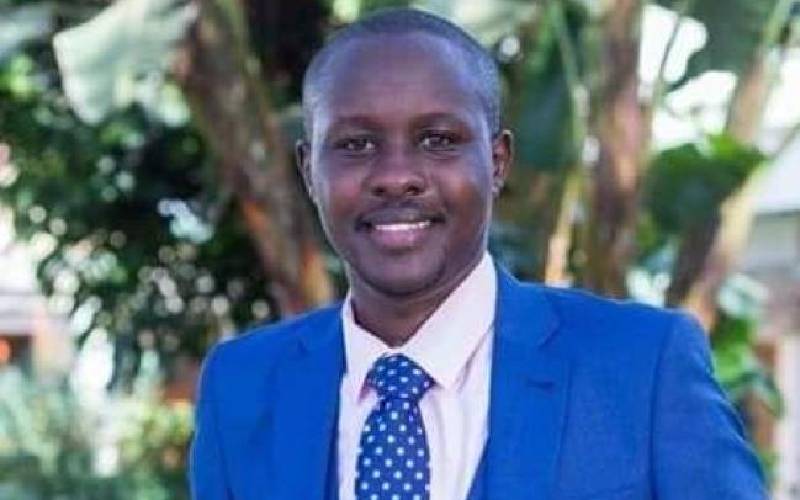×
The Standard e-Paper
Home To Bold Columnists

Churches, just like any other religious institutions, play a vital role in the growth and development of any nation. They are the yardstick of morality. They also have a role to play in governance by shaping and giving views on the right practices that should be advanced in our society. They can, however, be misused through politics to bring divisions among citizens.